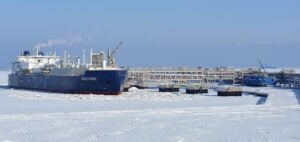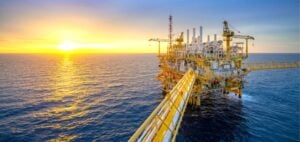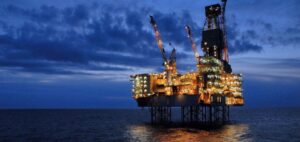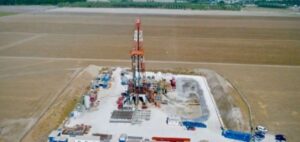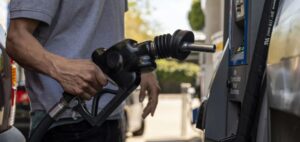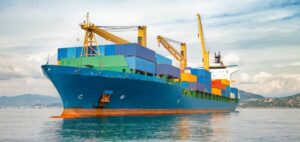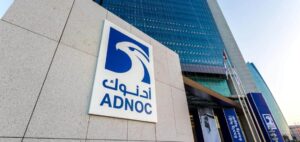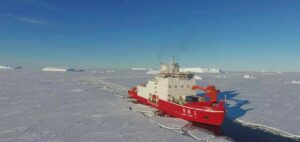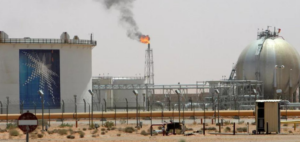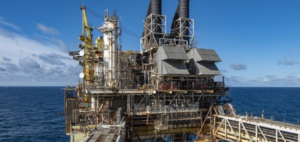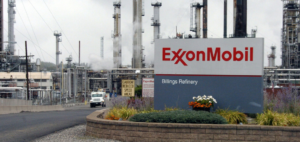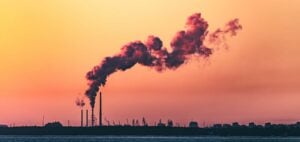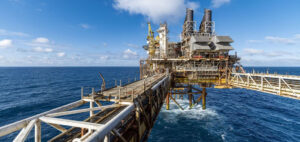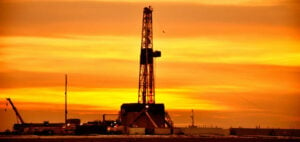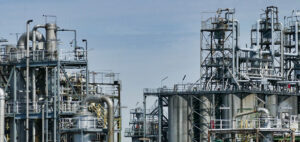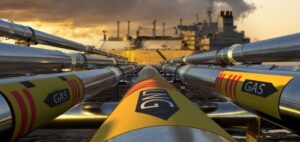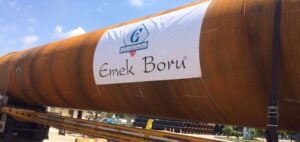On Tuesday, the Tanzanian government approved the controversial mega-project to transport East African hydrocarbons to various international markets – although environmentalists regularly criticize the plan.
A license for TotalEnergies’ mega hydrocarbon project in Uganda
The pipeline, which will measure around 1,500 kilometers, will run from Lake Albert in northwestern Uganda to the Tanzanian coast on the Indian Ocean. In January, the Ugandan authorities issued a license to East African Crude Oil Pipeline Company Ltd (EACOP), 62% owned by French giant TotalEnergies.
Lake Albert, on the border between Uganda and the Democratic Republic of Congo, has an estimated capacity of 65 billion barrels, of which 14 billion are considered recoverable.
Compliance with international laws and standards for Uganda’s mega hydrocarbon project
EACOP Managing Director for Tanzania Wendy Brown said during a press conference in Dar es Salaam that with this approval from the Tanzanian government “we mark another step forward for EACOP as it allows us to start the main process of construction activities concerning the pipeline in Tanzania”.
January Makamba, Tanzania’s Minister of Energy, asserts that this project will greatly increase his country’s power and influence on the international stage; he also mentions that all environmental and human standards will be respected.
NGOs and environmental activists criticize Uganda’s mega hydrocarbon project
Despite this, activists and NGO groups are opposed to the project, believing that it threatens the fragile environment surrounding the region and its population; 13,000 households will be affected by the pipeline route.
Six NGOs have summoned TotalEnergies to appear before a Paris court at the end of 2022, asking the French group to honor a law imposed in 2017 that imposes a “duty of vigilance” on multinationals regarding their global activities; a verdict is expected by February 28, 2021.



